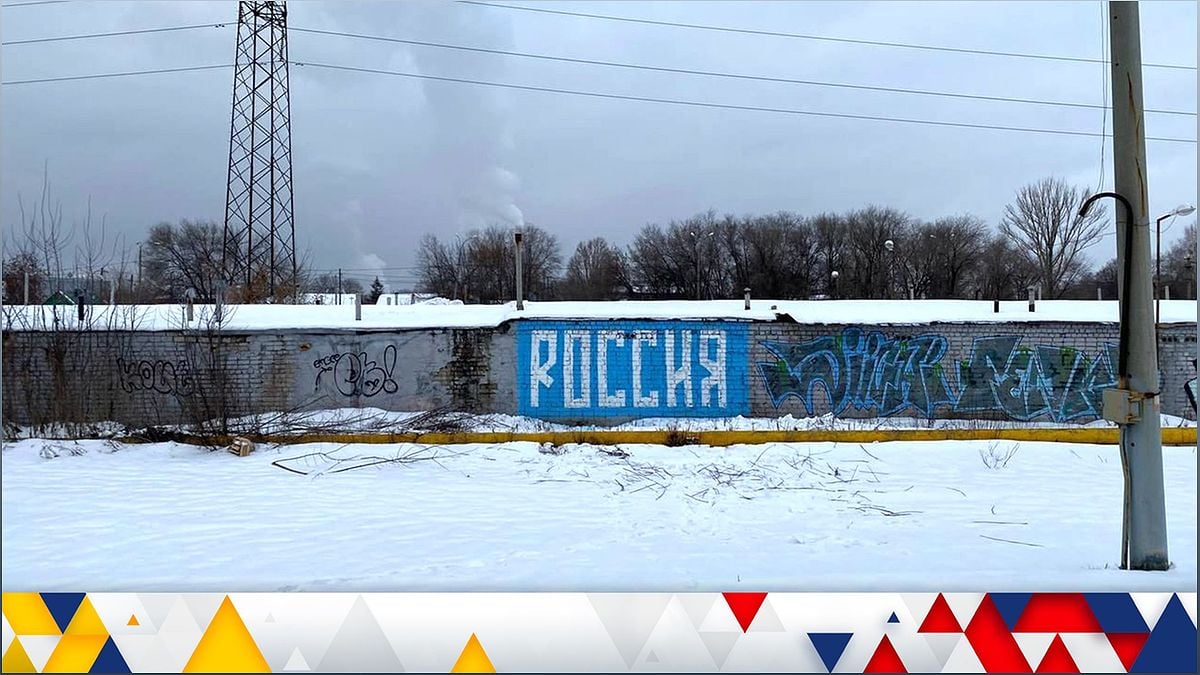Analysis: Putin’s Calculated Announcement for Presidential Run Raises Questions
In a calculated move, Vladimir Putin has announced his intention to run for president again, extending his rule until at least 2030. This carefully choreographed announcement raises questions about the state of Russia’s political landscape and the extent of Putin’s support. Despite the lack of real competition and the suppression of opposition figures, the upcoming election may shed light on the public’s perception of Putin’s handling of the ongoing war and its impact on the Russian economy. As the election approaches, the turnout and size of Putin’s majority will be key factors to watch. This analysis delves into the intricacies of Putin’s announcement and its potential implications for the future of Russia.
The Calculated Announcement
Vladimir Putin’s announcement of his intention to run for president again was not a spur of the moment decision. It was a carefully choreographed move that strategically positions him for an extended rule until at least 2030.

The timing and manner of the announcement, made during a ceremony honoring Heroes of the Fatherland Day, suggests a calculated approach to appeal to the public and maintain a strong image of leadership.
But what does this announcement mean for Russia’s political landscape? And how will it impact the upcoming election?
Implications for the Political Landscape
Putin’s decision to run again raises questions about the state of Russia’s political landscape. With limited real competition and opposition figures suppressed, the upcoming election may serve as a validation of Putin’s rule rather than a true democratic process.
However, the election could also shed light on the public’s perception of Putin’s handling of the ongoing war and its impact on the Russian economy. The turnout and size of Putin’s majority will be key factors to watch.
Will the Russian people continue to support Putin’s leadership, or will there be signs of discontent and desire for change?
The War and the Economy
One of the key factors influencing Putin’s political survival is the outcome of the ongoing war. Russia’s position in the conflict seems relatively strong, with its army holding the line and Ukraine’s counteroffensive making little impact.
However, the war has taken a toll on the Russian economy. Defense spending has increased significantly, diverting resources from other sectors such as health, education, and social security.
As the election campaign unfolds, the impact of the war on the economy may become more apparent. Will the Russian people prioritize national security over other pressing domestic issues?
The Role of Opposition
Putin’s rule has been marked by the suppression of opposition figures. Many prominent voices have been imprisoned or forced into exile, leaving little room for genuine political competition.
In the upcoming election, Putin is likely to face a few token opposition candidates who will have little chance of success. Their campaigns may serve as a way to demonstrate the minimal opposition to Putin’s rule rather than presenting a real challenge.
What does the absence of a strong opposition mean for the democratic process in Russia? And how does it shape the perception of Putin’s inevitable victory?
The Public’s Perception
Around 80% of the Russian population is thought to support Putin, believing in his ability to lead the country. This significant level of support is not a fake majority but a reflection of the Kremlin’s effective propaganda and the belief that Putin is the only leader capable of guiding Russia.
However, as the election approaches, it will be interesting to see if there are any signs of wavering support or a desire for change among the Russian people. Will the election campaign bring to light any grievances or concerns that challenge the perception of Putin’s leadership?
What factors contribute to the public’s unwavering support for Putin, and how does it shape the political landscape in Russia?
